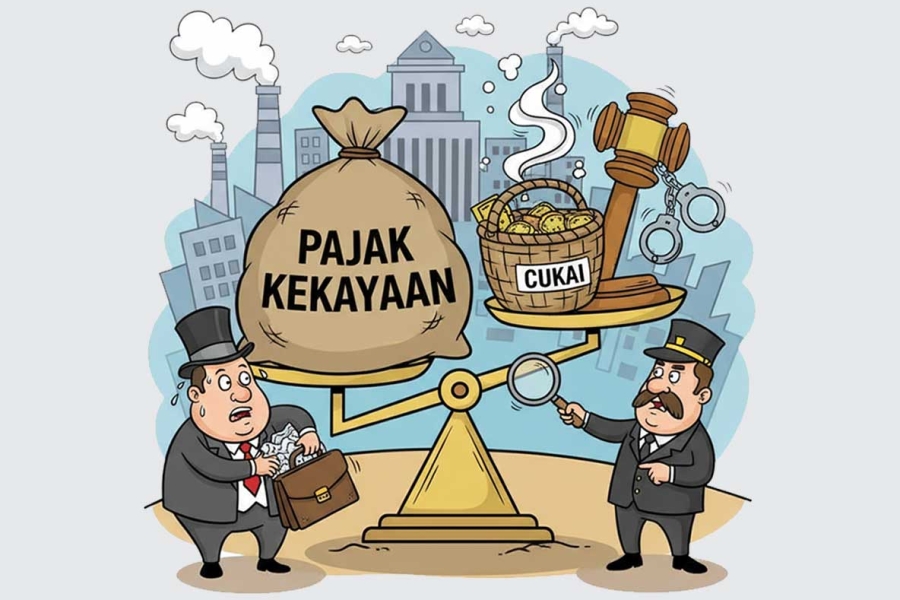
Indonesia's fiscal policy is once again drawing attention, in line with the government's steps to optimize state revenue amidst demands for economic equity (or equality). A number of strategic issues are emerging, ranging from the plan to impose excise tax on sweetened beverages, strict action against tax arrears, to the debate over implementing a wealth tax as a solution to reduce inequality.
The government faces various challenges in managing its fiscal and taxation policy. On one hand, the government is still hesitant to apply an excise tax on sweetened beverages due to concerns about the economic impact on the industry and the public's purchasing power. Even if implemented, this policy has the potential for limited effectiveness, as it only targets factory-produced goods. On the other hand, illegal practices, such as the circulation of illegal cigarettes using luxury cars, continue to harm state revenue from the excise sector.
Despite this, the government is showing firmness in tax law enforcement. Tax officials in Riau have seized 16 assets belonging to taxpayers with arrears, sending a strong message to the public about the government's commitment to tax compliance.
In line with enforcement efforts, the discourse on a wealth tax is resurfacing among economists. They see a wealth tax as an effective solution to curb economic inequality, which is one of the triggers of public dissatisfaction. This indicates that the government must balance increasing state revenue with creating a more just fiscal system.
The recent dynamics are interconnected and reflect the government's dual priority: increasing state revenue while creating fiscal justice. On one hand, the government is trying to find new sources of income through excise taxes and stern action against tax defaulters. However, these efforts are hampered by economic concerns and harmful illegal practices. On the other hand, the discussion about a wealth tax shows public and academic pressure to respond to the issue of inequality, which is the root of social discontent.
The various events in the country illustrate that fiscal policy cannot solely focus on revenue targets, but must also address social issues such as inequality and justice. Public unrest demands a more comprehensive tax reform, not just rate adjustments. The government's success will be measured by its ability to balance fiscal objectives with a just and inclusive social development.